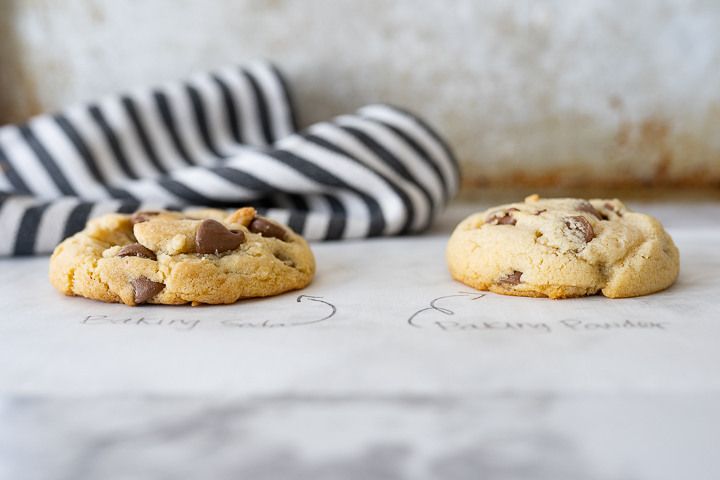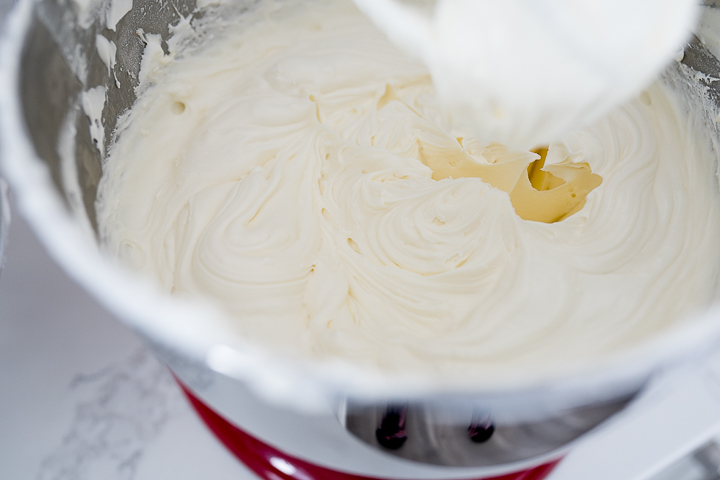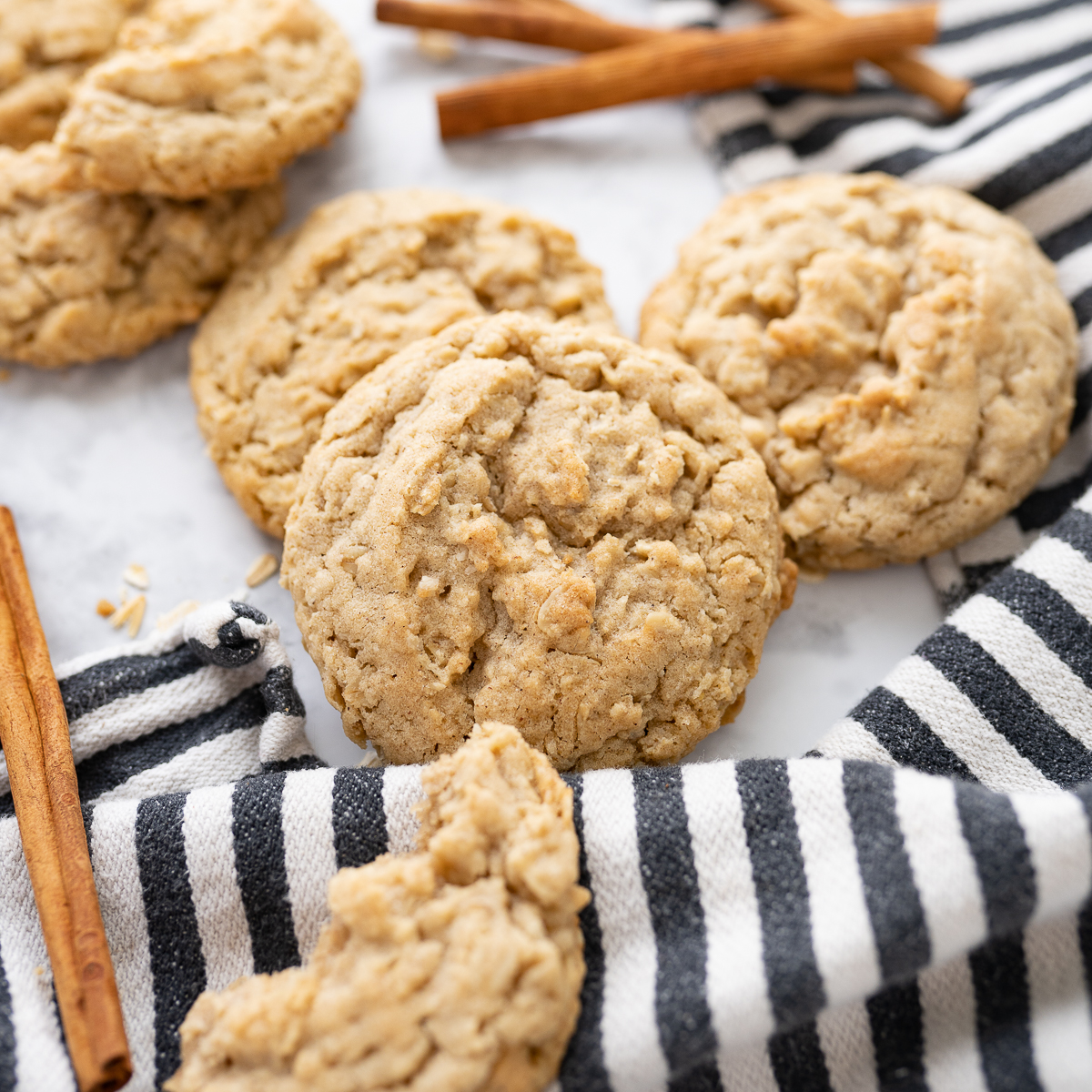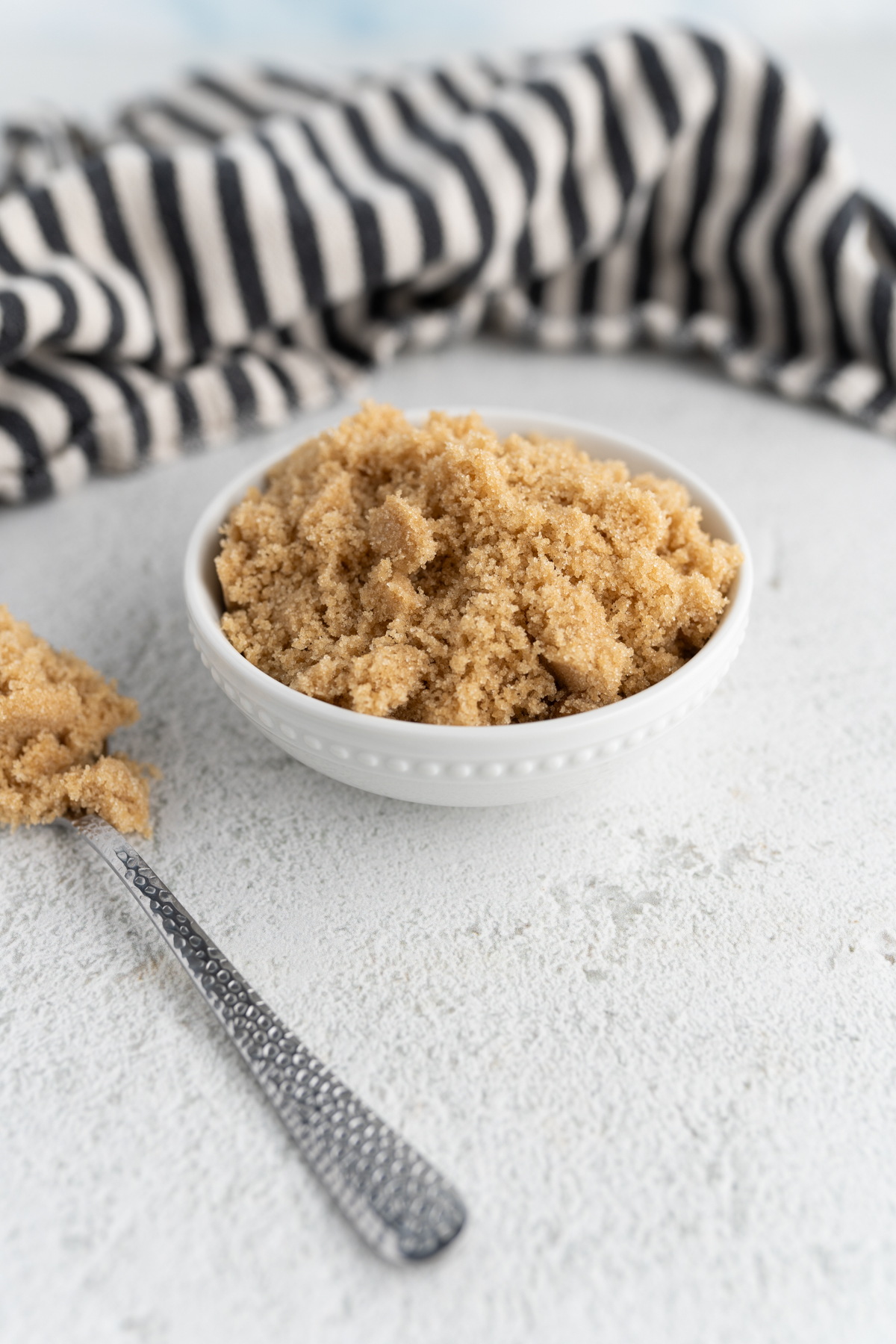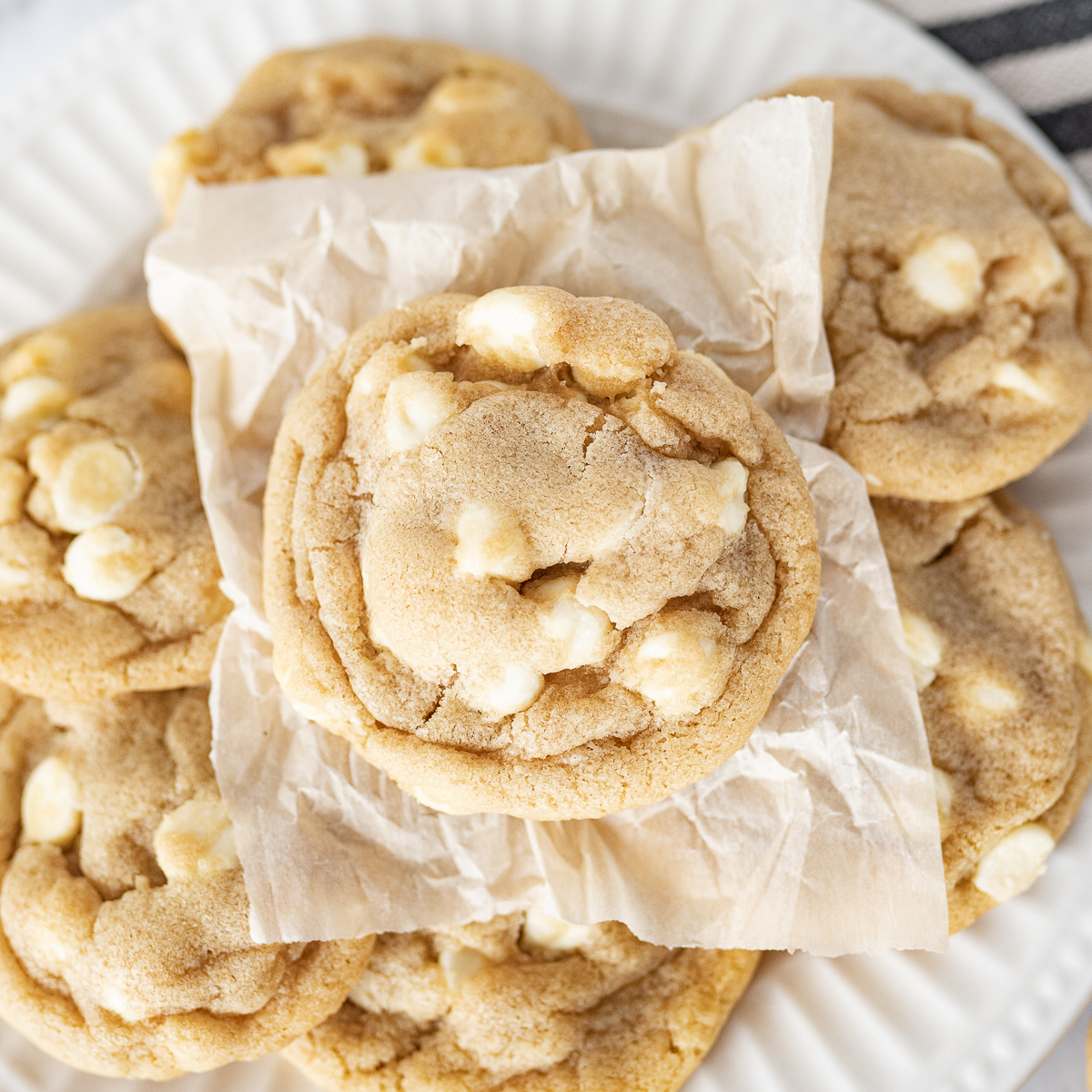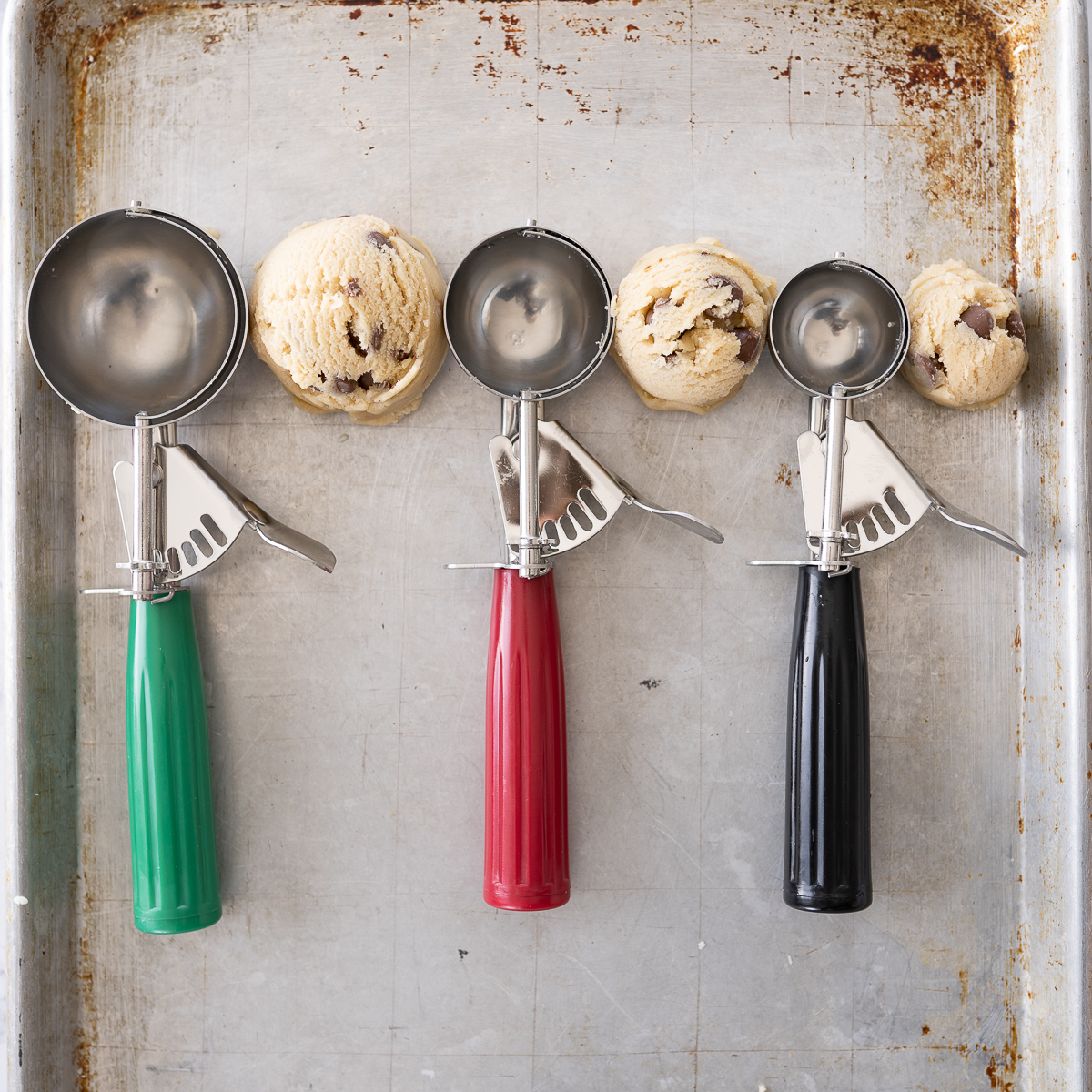Baking Powder vs.Baking Soda
If you’ve ever looked at an ingredient list and wondered what the difference between baking powder and baking soda is, you’re not alone! While both are used as leavening agents in baking, they have different compositions that make them unique.
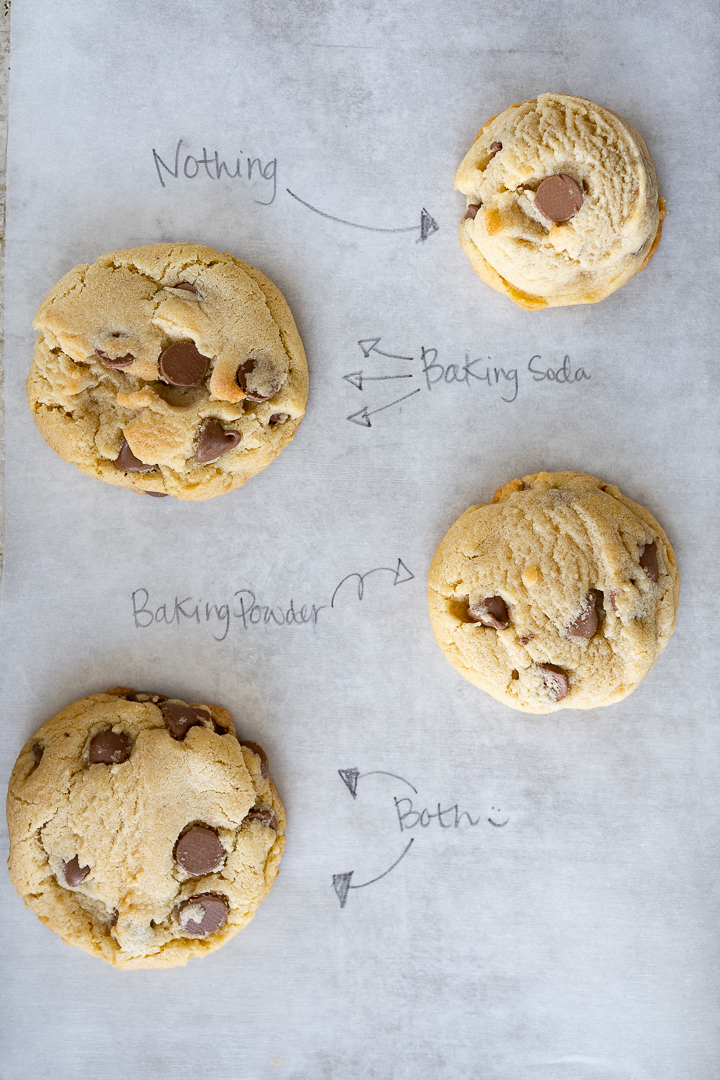
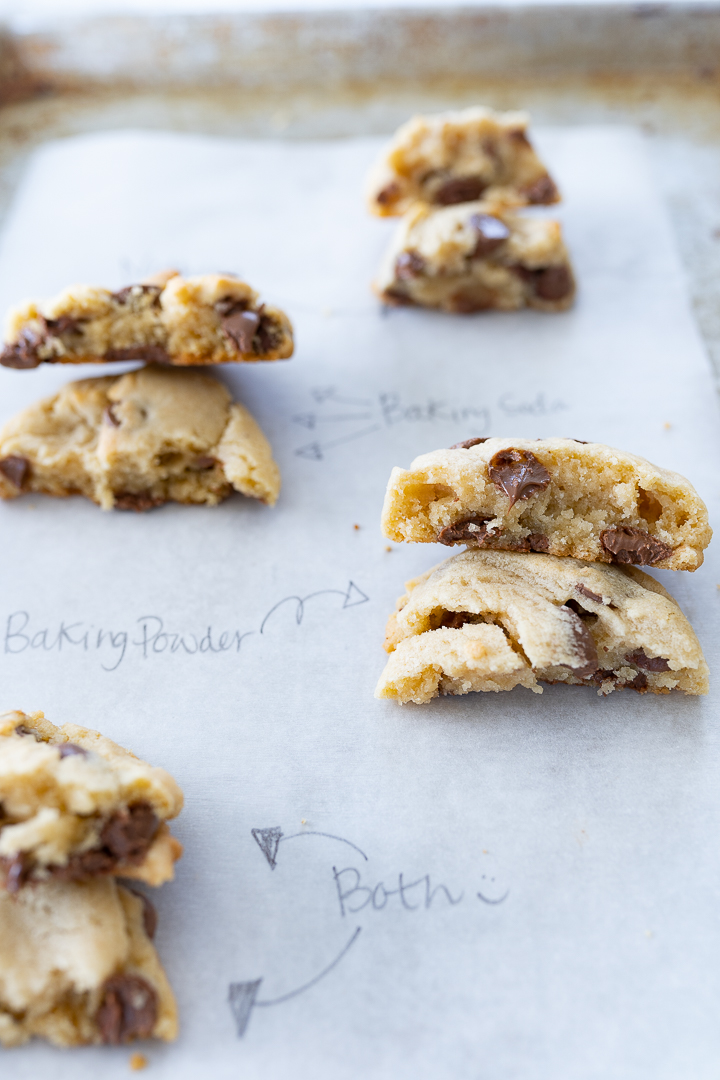
Baking Soda
I know you didn’t think you were getting a chemistry lesson today, but here we go. On the pH scale, baking soda is a base. This means that it needs to come in contact with something acidic in order to create a reaction. To put it in the context of baking: when you add baking soda and something acidic to your mixture together, it will product carbon dioxide gas and cause your baked good to rise.
This is why you will see baking soda in recipes that include an acidic ingredient like citrus, yogurt, sour cream…. or BROWN SUGAR! Yes, brown sugar is acidic because of the molasses.
But be careful – more baking soda does not equal more of a rise. If you use too much, you may end up with a baked good that has a bitter aftertaste to it (and no one wants that)!
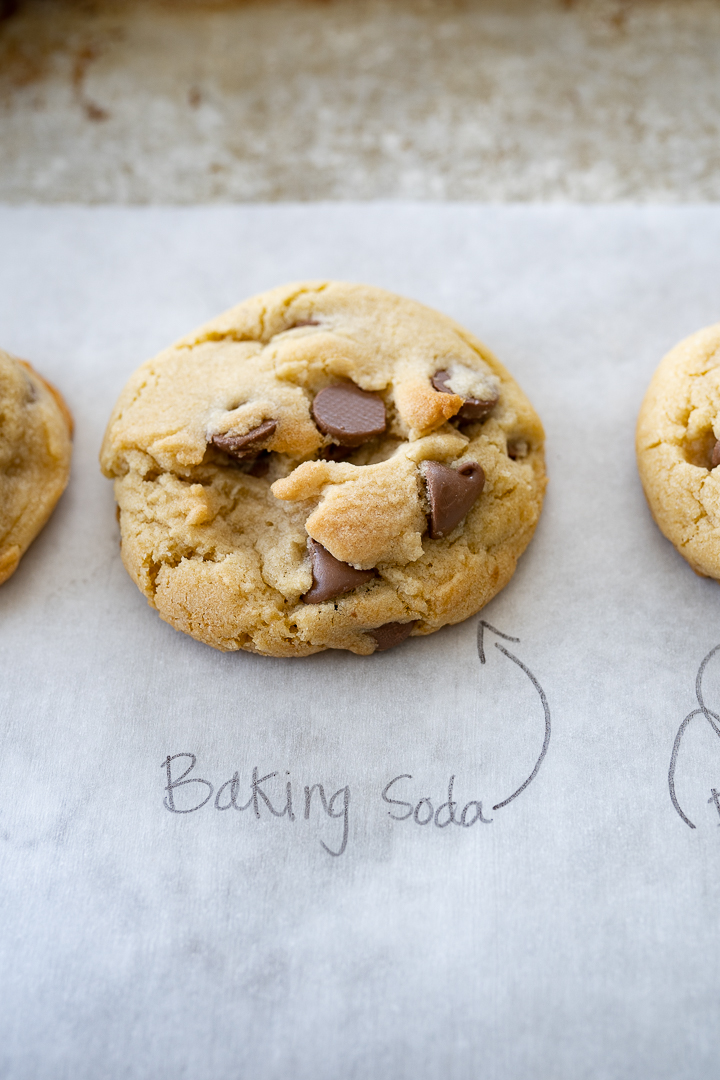
Baking Powder
Chemistry Part II: Baking powder is made up of baking soda, cream of tartar (an acid), and sometimes cornstarch. This combination forms a complete leavening agent and thus doesn’t depend on the addition of an acid to rise. Instead, its reaction (a beautiful rise in your baking) is activated by the addition of a liquid or heat. To prevent your recipe from over-rising or collapsing, be sure not to use too much.
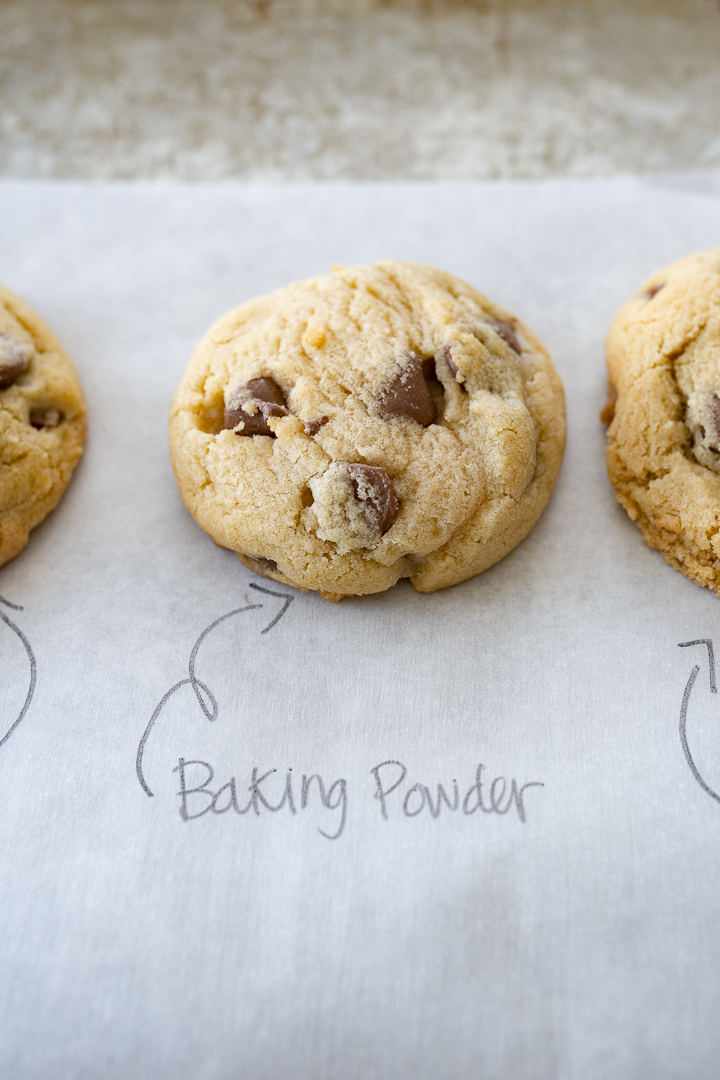
Can I substitute Baking Soda and Baking Powder for each other?
Substitutions can be tricky! If you really need to, you can technically use baking powder in place of baking soda if you omit any acidic ingredients. If you need to use baking soda in place of baking powder you must add an acid to the recipe as well.
Can Baking Soda and Baking Powder go bad?
Yes! Both products have expiration dates. If you notice your recipes going flat, it may be time to buy fresh baking soda / baking powder!
